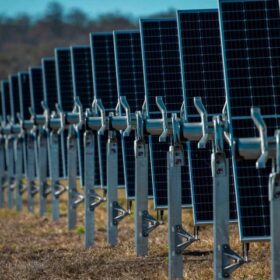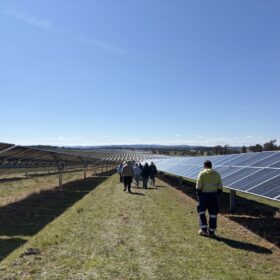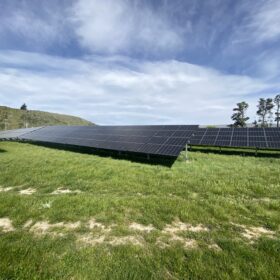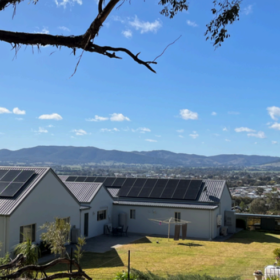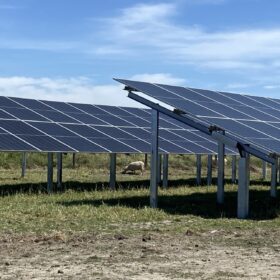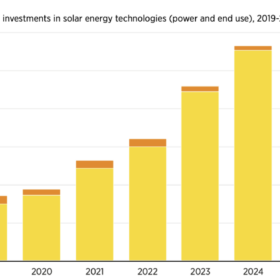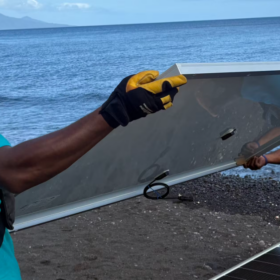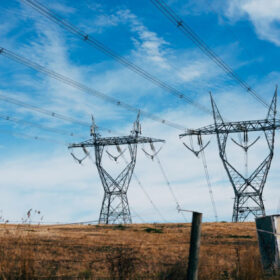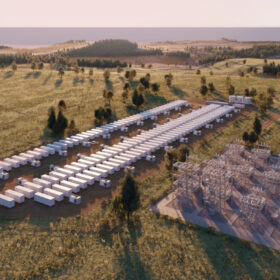New renewable generation capacity in 2025 on track for 7 GW: report
The Clean Energy Regulator’s Q3 2025 quarterly carbon market report has found Australia is on track to add nearly 7 GW of new renewable generation capacity in 2025, with large-scale projects contributing up to 4 GW.
FRV seeks federal tick for NSW solar farm and beefed up battery
A redesigned hybrid solar and battery project now featuring 200 MW of PV generation and a beefed up 2.2 GWh of energy storage capacity planned for far northern New South Wales has joined the queue for federal environmental approval.
Hydro Tasmania seeking 1,500 GWh new solar, wind
Hydro Tasmania is seeking to increase its renewable energy generation to meet growing energy demands and support the state’s industrial expansion.
How mandatory climate reporting is raising the bar for corporate leadership
Around the world, businesses are entering a new era of accountability. The shift toward mandatory climate-related financial disclosures is transforming how organisations understand and govern key drivers of financial performance.
Australia breaks record with 5.2 GW solar installations in 2024: IEA report
An International Energy Agency survey of solar power applications in Australia shows 5.2 GW of installations in 2024 were achieved and the total capacity of solar at 40 GW, includes 26.1 GW of distributed systems and 13.4 GW of centralised installations.
GPG gets federal go-ahead for Queensland solar and battery project
A 290 MW solar farm and 180 MW / 360 MWh battery energy storage system planned for Queensland’s Fraser Coast region is advancing towards construction after being given the green light by the federal government.
IRENA says $851 billion invested in solar technologies in 2024
The International Renewable Energy Agency says solar is the only renewable energy technology where current investment levels are approaching the annual average needed through to 2030 to align with its 1.5 C pathway.
How Pacific nations plan to go from spending up to 25% of GDP on fossil fuels to running on 100% renewables
Picture dusk falling somewhere in the Solomon Islands. A fisher’s skiff glides home using a whisper-quiet electric outboard motor. In the Cook Islands, a big battery steadies the island grid. In Papua New Guinea’s highlands, solar kits bring electric light to homes for the first time.
NSW energy distributors de-risk transition with new, unified system plan
Three New South Wales energy distributors have collaborated on the state’s first distribution system plan, which they say can sustain five years of energy transition momentum, while waiting for critical transmission infrastructure to be built.
Three year grid connection wait risks renewable energy targets: survey
One-in-five, or 20%, of renewable energy developers responding to an Intium grid-connection survey, say it took them two to three years waiting for grid connection approval, and delays are a threat to Australia’s renewable energy targets.
